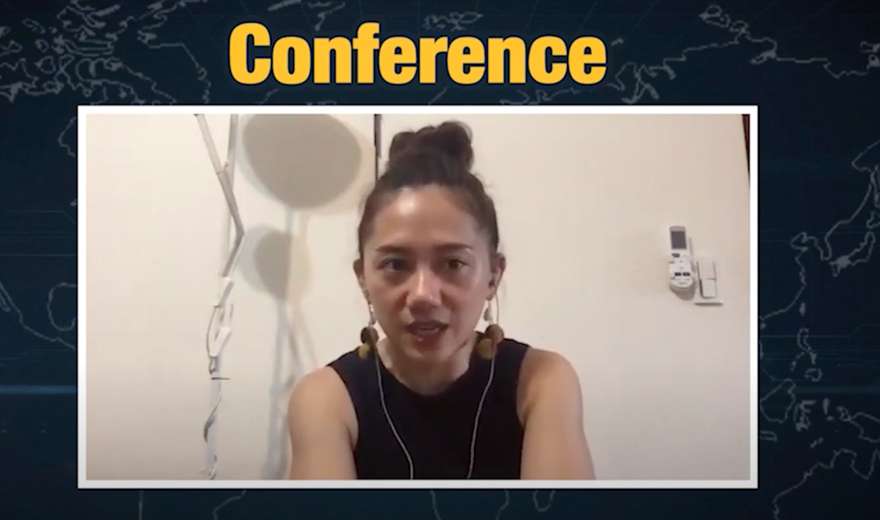In this episode, I have tried to explore the status of Indigenous Peoples of Taiwan. Taiwan is known as the Republic of China and it claims to be separate country Taiwan whether or not recognized by other countries, however the Beijing claims Taiwan as province of China. The history shows that United Kingdom, Japan and China ruled Taiwan once. Taiwan is not a member of United Nations therefore has not been able to vote officially on the UN Declaration on the Rights of Indigenous Peoples (UNDRIP) or to ratify and be party to ILO Convention no. 169 relating to Indigenous Peoples. However, at the national level, the government of Taiwan officially recognized to 16 Indigenous Peoples in Taiwan.
Indigenous Peoples in Taiwna make up a total 580,758 people who represent almost 3 percent of the total 23 million populations. The 16-distinct Indigenous Peoples who are officially recognized are--the Amis (also Pangcah), Atayal (also Tayal), Bunun, Kavalan, Paiwan, Puyuma, Rukai, Saisiyat, Sakizaya, Sediq, Thao, Truku, Tsou, and Tao (also Yamei). Majority of Taiwan’s Indigenous Peoples originally lived in the central mountains, along the east coast and in the south. However, nowadays over half of the Indigenous population lives in urban areas of the country.
Indigenous Peoples in Taiwna make up a total 580,758 people who represent almost 3 percent of the total 23 million populations.
Similarly, the government of Taiwan also has recognized a certain rights of Indigenous Peoples through the fundamental law of Indigenous Peoples which was enacted in the year 2005 and education for Indigenous Peoples Law, 2004, the state law for Indigenous Peoples, 2001 and the regulations to recognition of Indigenous Peoples, 2002. Also the government of Taiwan has taken initiative to establish the television dedicated to Indigenous Peoples called Taiwan Indigenous Television, in order to let Indigenous Peoples, raise their voice and promote their cultures.
In this episode, i have invited Tuhi Martukaw, also known as Jocelyn Ting-Hui Hung Chien to discuss about the issues and situation of Indigenous Peoples. She says that the main challenges facing Indigenous Peoples in Taiwan are their rapidly disappearing cultures and languages, encroachment onto their traditional land, the denial of Indigenous Peoples’ rights.
Tuhi Martukaw (Jocelyn Ting-Hui Hung Chien) comes from the Kasavakan Community of the Pinuyumayan Peoples in Taiwan. BA in Diplomacy from National Chang-Chi University, Taiwan and MA in European Studies from University of Hamburg, Germany, currently acts as a freelance journalist and the coordinator and founder of the LIMA Taiwan Indigenous Youth Working Group. She is an active Indigenous youth at all levels. She was the co-chair of the Global Indigenous Youth Caucus, which is the working group recognized by the UN Permanent From on Indigenous Issues from 2010 to 2015. She founded the LIMA Taiwan Indigenous Youth Working Group in 2013 with the vision to connect the indigenous youth across the borders and continents, to share views and experiences, to contribute in the struggle of their rights and to build up their capacity to shoulder the responsibility of carrying on their cultural heritage and advocacy for equality and justice.
